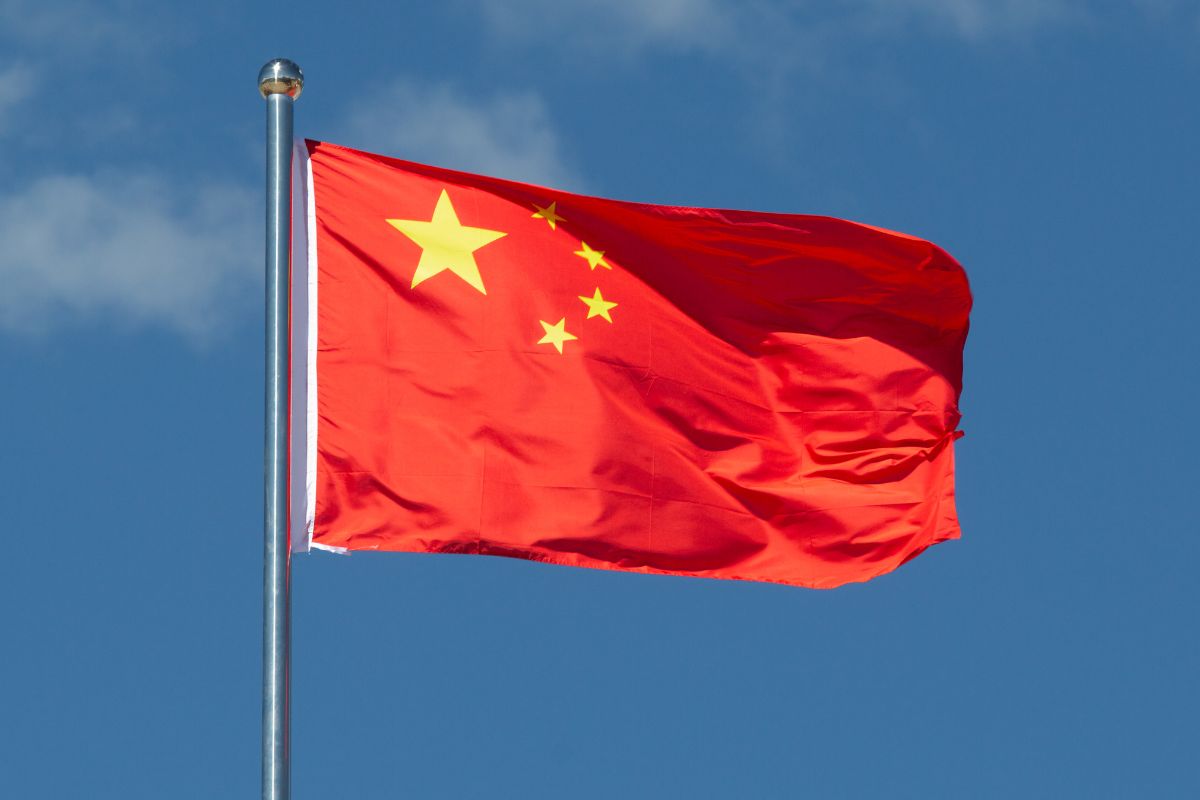The rules also cover products made overseas that contain specific rare earth elements or technologies sourced from China. In addition, several rare earth elements will be added to the list of goods subject to export restrictions.
China has further tightened its export regulations for the rare earths sector and associated technologies. The new rules now extend to products manufactured abroad. This was announced in a statement from China’s Ministry of Commerce on Thursday. The measures clarify the export restrictions introduced in April for specific rare earth elements such as terbium and dysprosium and their compounds. Following the April restrictions, exports of some rare earths temporarily fell to zero. As with previous measures of this kind, Thursday’s regulations are justified on national security grounds, since rare earths are considered dual-use goods that can have both civilian and military applications.
Foreign companies will in the future require Beijing’s approval to export magnets that contain even traces (more than 0.1 percent) of certain rare earth metals from Chinese production or that are manufactured using Chinese technologies along the rare earth value chain. The ministry stated that export licenses requested for foreign military end users will generally be denied. Exports for semiconductor manufacturers and related equipment will be evaluated on a case-by-case basis, and the same applies to artificial intelligence development.
Some of the new export rules are effective immediately, while others will be implemented gradually starting December 1.
At the same time, the Department of Commerce announced in a separate statement that it would add the rare earth elements holmium, erbium, thulium, europium, and ytterbium, as well as related materials, to the existing export control list. This is to be implemented on November 8.
“New Regulations Reflect Existing U.S. Export Controls”
The backdrop to these developments is likely the rising geopolitical tensions with the United States. The new measures mirror existing U.S. export controls, Bloomberg reports, which aim to restrict China’s access to advanced chips and the technologies used to produce them. Just one day earlier, U.S. lawmakers had called for a broader export ban on chipmaking equipment to China, Reuters reported.
China’s announcement comes just weeks ahead of a planned meeting between Presidents Donald Trump and Xi Jinping. From a geostrategic perspective, this could strengthen Beijing’s negotiating position in advance, Reuters cites Tim Zhang, founder of Singapore-based Edge Research. How the new restrictions will be enforced remains unclear, Bloomberg notes, but their implementation could hinder efforts to establish alternative supply chains for rare earths.
Photo: Toa55 via Canva

